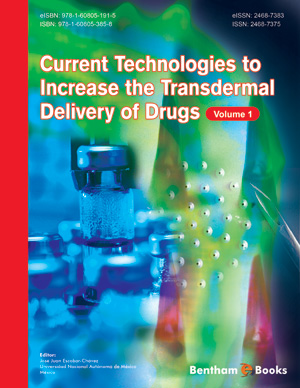Abstract
Gastric cancer is a leading cause of cancer-related deaths worldwide. Despite recent improvements in surgical techniques, as well as in adjuvant and neoadjuvant treatment strategies, involving chemotherapy and radiotherapy, gastric cancer remains a therapeutic challenge. Due to the rapid occurrence of systemic metastasis, advanced gastric cancer is associated with a poor prognosis. However, progresses in defining molecular biology and carcinogenesis have recently led to a successful development of molecular targeting agents that substantially may improve survival and quality of life for many cancer patients. Regarding gastric cancer, various molecular pathways and signaling components have been identified that promote angiogenesis, metastasis, and cell growth, hence offering multiple targets for therapeutic intervention with new targeting agents. Such molecular targeting agents are currently being developed and clinically evaluated.
In this chapter we describe the current status of targeted therapies for treatment of gastric cancer, particularly focusing on antiangiogenic treatment strategies. Moreover, other novel agents including EGFR inhibitors, promoters of apoptosis, cell cycle inhibitors and matrix metalloproteinase inhibitors will be discussed. Encouraging results from clinical trials evaluating these compounds have provided novel opportunities in the therapy of gastric malignancies that will probably help to significantly improve the prognosis of gastric cancer patients in the near future.
Keywords: Gastric cancer, targeted therapies, angiogenesis inhibitors, EGFR, VEGF






















